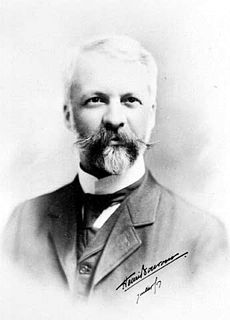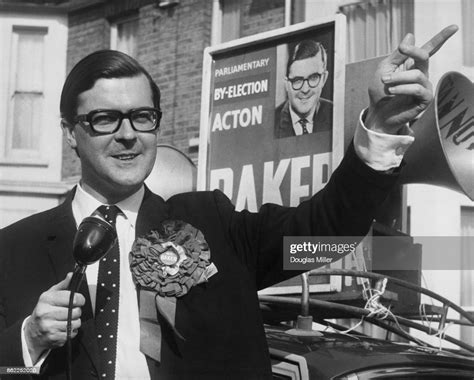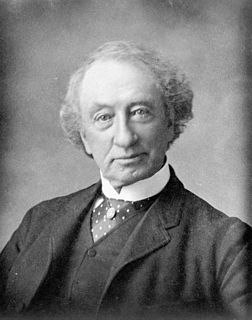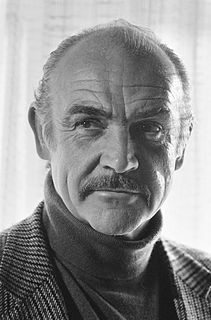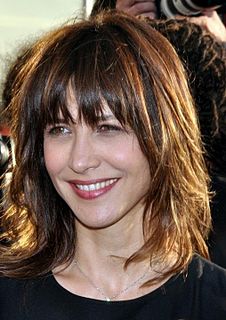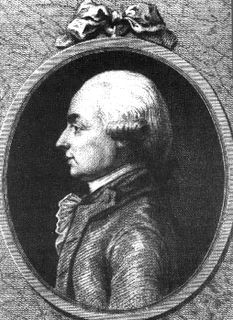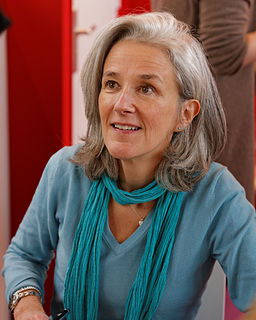A Quote by Henri Bourassa
Related Quotes
It's a common mistake for vacationing Americans to assume that everyone around them is French and therefore speaks no English whatsoever. [...] An experienced traveler could have told by looking at my shoes that I wasn't French. And even if I were French, it's not as if English is some mysterious tribal dialect spoken only by anthropologists and a small population of cannibals.
In the 19th century, the English were loathed. Every memoir that you read of that period, indicates the loathing that everybody felt for the English, the only difference between the English and Americans, in this respect, is the English rather liked being loathed and the Americans apparently dislike it intensely.
It's a complicated process being so bilingual. Sometimes it's a mere word or sentence that comes to me, if I'm writing the book in English, in French. It's not always easy to deal with. Sometimes even during an interview somebody can ask me a question in English that I want to answer in French and vice versa - that's the story of my life!
But still, I’d be darned if I was going to be one of those Americans who stomp around Italy barking commands in ever-louder English. I was going to be one of those Americans who traversed Italy with my forehead knit in concentration, divining wordsw from their Latin roots and answering by wedging French cognates into Italian pronunciations spliced onto a standard Spanish verb conjugation.
